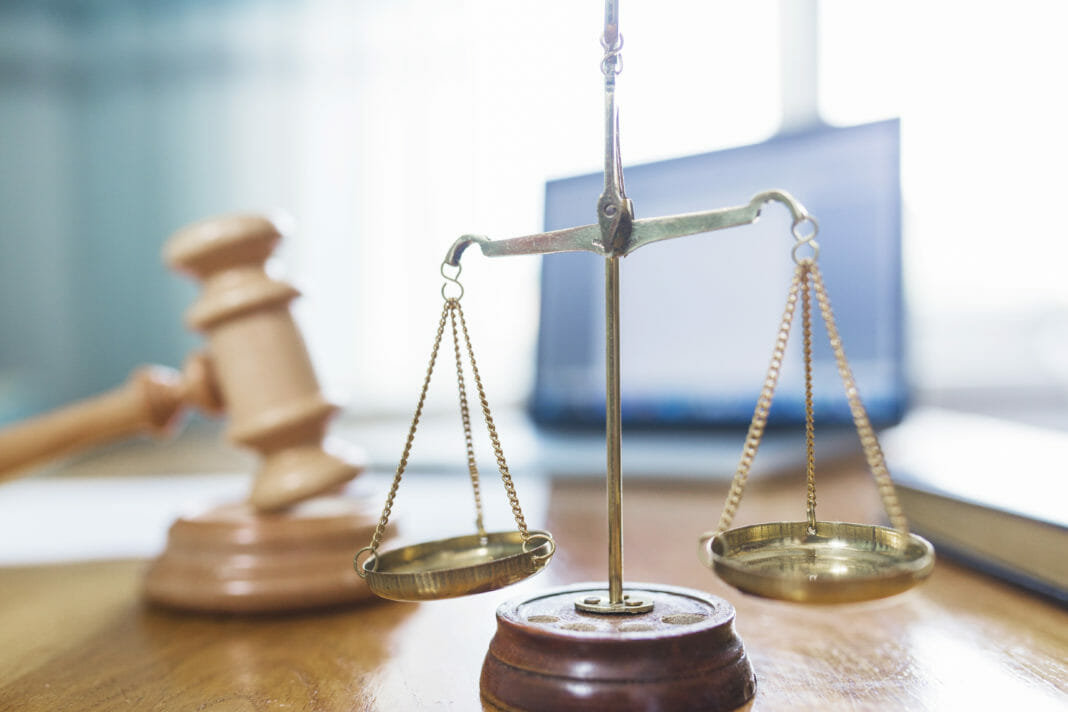The experts consider that the current regulations are sufficient for users who want to buy cryptocurrencies. The bills introduced by some Argentine legislators are anti-Bitcoin and anti-user, but others are starting from scratch.
Several specialists recently gave their views on the regulation of crypto assets in Argentina. The experts agree that there is no need for making more regulations but for clarifying the existing ones.
Tax specialist accountant Marcos Zocaro talked about exchanges and those who trade cryptocurrencies. He said that they have problems with banks because of the closure of accounts and other issues. For that reason, he believes that providing security in this regard would be essential for the ecosystem.
Manuel Ponce Peñalva, director of legal affairs at the Buenbit exchange, noted that there are currently regulations on cryptocurrencies. However, the fund codes in the Civil and Commercial Code are those that govern them but not specifically.
However, the expert stated that the current regulation is sufficient for the user wanting to buy cryptocurrencies. As Ponce Peñalva considers Argentina an over-regulated country, he believes it necessary to regulate transcendental principles and issues. These include that no one uses them for illegal activities and that people pay taxes for them if the state so wishes.
Lawyer specialized in FinTech matters Camilo Jorajuría de León agreed with what Ponce Pañalva stated. He sees an opportunity to either ban Bitcoin and isolate people from the global economy or adopt it to allow people to save. The legal adviser favors using the cryptocurrency in the economy without the state punishing those who do it.
The Bills to Regulate Bitcoin Introduced in Argentina
Besides discussing the regulation on cryptocurrencies in Argentina, the experts commented on the current situation. In this regard, Marcos Zocaro said there are two taxes imposed on crypto assets: the Income Tax and the Personal Property Tax.
Ponce Peñalva noted that the authorities do not require exchanges to comply with KYC (Know-Your-Customer) policies. That happens because those platforms do not need to report to the Financial Intelligence Unit (FIU). However, most do so as providers have to avoid the inconvenience of not having a KYC behind them.
Regarding the future, Zocaro believes that the bills introduced by Argentine legislators lack knowledge of the ecosystem. He even considers one of them to build on student work and provide meaningless definitions. After that, the accountant stated those legislators are unaware of the technology they are trying to regulate.
Similarly but more severely, Camilo Jorajuría de León described them as anti-Bitcoin, anti-industry, and anti-user. However, the lawyer added that there are legislators who are starting from scratch. Meanwhile, Ponce Peñalva said the ecosystem has evolved in a very healthy way without needing express regulations.
Finally, the specialists agreed that it is necessary to convene various actors in the ecosystem, including businesspeople, professionals, the NGO Bitcoin Argentina, and academics. Of course, they clarified that it should be a law benevolent to attract investment and reasonable to incorporate smaller exchanges.
By Alexander Salazar











